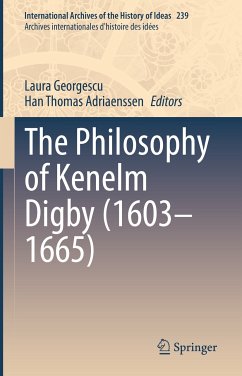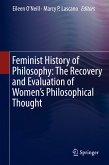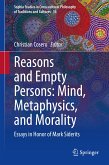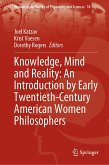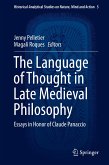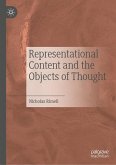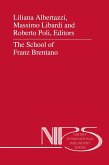This book examines the philosophical and scientific achievements of Sir Kenelm Digby, a successful English diplomat, privateer and natural philosopher of the mid-1600s. Not widely remembered today, Digby is one of the most intriguing figures in the history of early modern philosophers. Among scholars, he is known for his attempt to reconcile what perhaps seem to be irreconcilable philosophical frameworks: Aristotelianism and early modern mechanism.
This contributed volume offers the first full-length treatment of Digby's work and of the unique position he occupied in early modern intellectual history. It explores key aspects of Digby's metaphysics, epistemology, and philosophical method, and offers a new appraisal of his contributions to early modern natural philosophy and mathematics.
A dozen contributors offer their expert insight into such topics as
This contributed volume offers the first full-length treatment of Digby's work and of the unique position he occupied in early modern intellectual history. It explores key aspects of Digby's metaphysics, epistemology, and philosophical method, and offers a new appraisal of his contributions to early modern natural philosophy and mathematics.
A dozen contributors offer their expert insight into such topics as
- Body, quantity, and measures in Digby's natural philosophy
- Ecumenism andcommon notions in Digby
- Aristotelianism and accidents in Digby's philosophy
- Digby on body and soul
- Digby on method and experiments
This book volume will be of benefit to a broad audience of scholars, educators, and students of the history of early modern science and philosophy.
Dieser Download kann aus rechtlichen Gründen nur mit Rechnungsadresse in A, B, BG, CY, CZ, D, DK, EW, E, FIN, F, GR, HR, H, IRL, I, LT, L, LR, M, NL, PL, P, R, S, SLO, SK ausgeliefert werden.
Es gelten unsere Allgemeinen Geschäftsbedingungen: www.buecher.de/agb
Impressum
www.buecher.de ist ein Internetauftritt der buecher.de internetstores GmbH
Geschäftsführung: Monica Sawhney | Roland Kölbl | Günter Hilger
Sitz der Gesellschaft: Batheyer Straße 115 - 117, 58099 Hagen
Postanschrift: Bürgermeister-Wegele-Str. 12, 86167 Augsburg
Amtsgericht Hagen HRB 13257
Steuernummer: 321/5800/1497
USt-IdNr: DE450055826
Bitte wählen Sie Ihr Anliegen aus.
Rechnungen
Retourenschein anfordern
Bestellstatus
Storno

